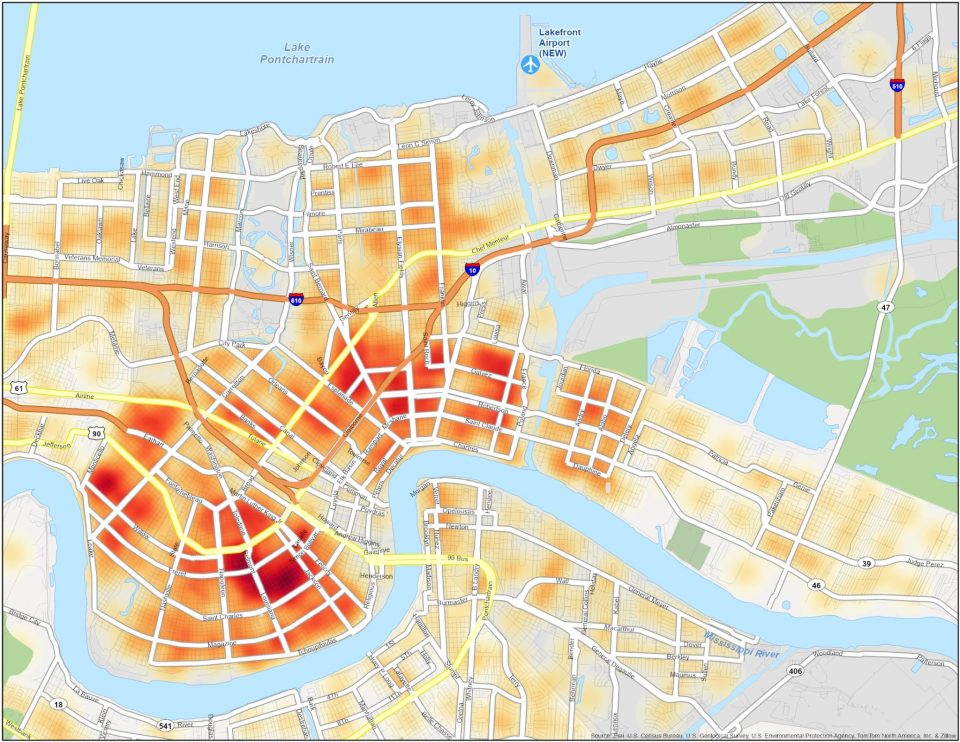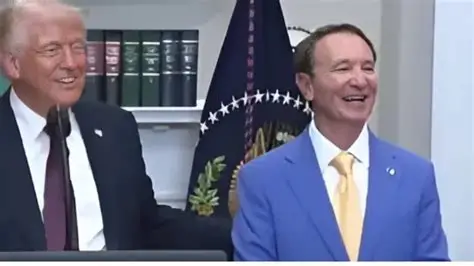President Trump has threatened to send National Guard troops into New Orleans. Governor Jeff Landry has welcomed the idea. But do we really need soldiers on our streets?
Crime Is Trending Down
The numbers show a different reality than the political spin. Violent crime in New Orleans is down compared to last year. Murders, shootings, and armed robberies have decreased. Nowhere is this clearer than in New Orleans East.
For decades, the East was the city’s crime capital. Murders, carjackings, and robberies piled up in the 7th District. Today, thanks to Councilman Oliver Thomas’ leadership, the East is seeing its lowest violent crime levels in years. Murders are down nearly 40%. Shootings have been cut in half. Armed robberies dropped by more than 60%.
When local leadership produces results, it makes little sense to invite federal troops into neighborhoods already showing progress.
Illinois Stood Tall. Will Louisiana?
When Trump raised the same idea about Chicago, Illinois leaders pushed back. Governor J.B. Pritzker and Mayor Brandon Johnson stood firm. They pointed to falling crime and defended Chicago’s autonomy.
Louisiana’s response is the opposite. Governor Landry embraced Trump’s rhetoric. He even opened Angola’s notorious Camp J to house ICE detainees. His loyalty to Trump, not Louisiana, is obvious.

The Heavy Hand of State Police
State police have already patrolled New Orleans for over a year. Their cruisers lined Chef Menteur Highway for months, pulling drivers over for minor infractions. It was a broken windows approach meant to project control.
But did it reduce violent crime? The evidence says no. Crime was already trending down thanks to local policing, community partnerships, and improved prosecutions. State troopers changed the atmosphere, not the outcome.
The Katrina Memory
After Katrina, National Guardsmen patrolled New Orleans streets. They were accepted as a necessary evil, but many ruled with an iron fist. Residents—especially Black residents—were often treated like criminals in their own neighborhoods.
That memory still lingers. It should not be repeated in a city that is healing and finally showing progress.
Related: The Real Attack on Louisiana Few Are Talking About
Martial Law by Another Name
Deploying the National Guard during normal times is propaganda, not safety. It blurs the line between civilian policing and military power. This is how a democracy slides toward martial law.
Martial law means the military replaces civilian government. It is meant for true emergencies. Using soldiers for everyday crime control is dangerous overreach. It sets precedents that weaken constitutional protections.
The Cantrell Factor
In curious timing, the Trump-led Department of Justice has indicted Mayor LaToya Cantrell. This changes everything.
New Orleans now needs a strong mayor to resist federal overreach. But will Cantrell protest Trump’s troops if her legal case looms? Or will she remain quiet, hoping for leniency in court? That uncertainty makes New Orleanians vulnerable at precisely the wrong time.
New Orleans Must Push Back
Adding National Guard troops is weakness disguised as action. It makes city leaders look powerless and unable to produce lasting solutions.
New Orleans must follow Illinois, not Landry’s theatrics. We must demand investment in our people, support for community-led safety, and recognition of the progress already made.
The choice is clear: resist militarized showmanship and stand firm for democracy. If we don’t push back now, martial law may arrive quietly—without anyone calling it by name.

